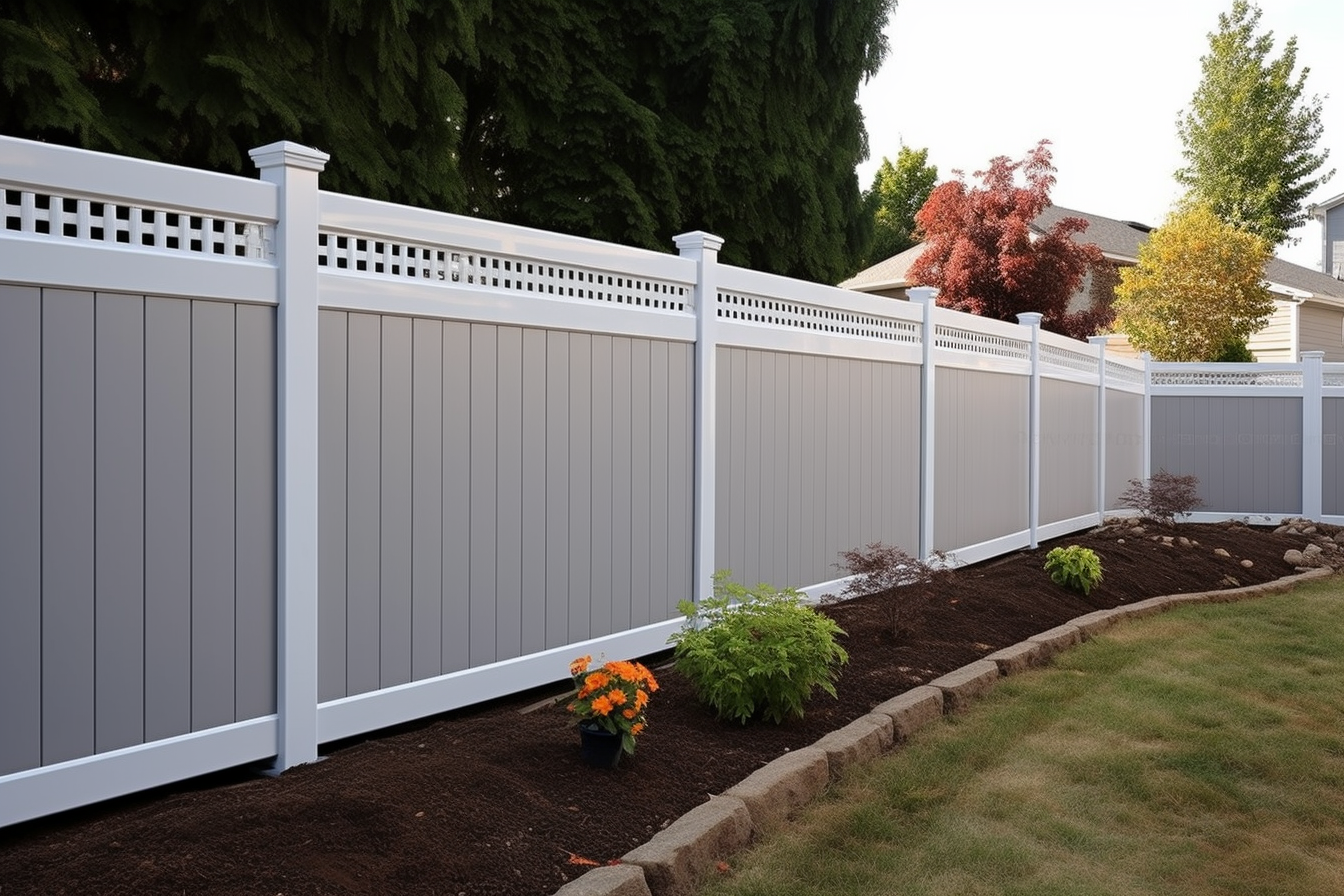Garden Fences: Enhancing Your Outdoor Space with Style and Function
A well-designed garden fence can transform your outdoor space, providing privacy, security, and aesthetic appeal. Whether you're looking to create a cozy retreat or protect your prized plants, choosing the right fence is crucial. This article explores various garden fence options, materials, and considerations to help you make an informed decision for your landscaping needs.

Aesthetically, garden fences contribute significantly to your outdoor decor. They can complement your home’s architecture, define different areas within your garden, and serve as a backdrop for climbing plants or decorative elements. With the right design, a fence can elevate the overall look of your property and potentially increase its value.
What materials are commonly used for garden fences?
When it comes to garden fences, the choice of material plays a crucial role in determining durability, maintenance requirements, and overall appearance. Three popular options are wood, vinyl, and aluminum.
Wood fences offer a classic, natural look that blends seamlessly with most garden styles. They can be painted or stained to match your preferences and are relatively easy to install. Cedar, redwood, and pressure-treated pine are common choices for their durability and resistance to decay. However, wood fences require regular maintenance, including staining or sealing, to protect against weather damage and extend their lifespan.
Vinyl fences have gained popularity due to their low maintenance requirements and durability. They resist fading, rotting, and insect damage, making them an excellent long-term investment. Vinyl fences come in various styles and colors, allowing for customization to suit your garden’s aesthetic. While the initial cost may be higher than wood, the reduced maintenance needs often make vinyl a cost-effective choice over time.
Aluminum fences offer a sleek, modern appearance and are known for their strength and longevity. They are rust-resistant, making them ideal for areas with high humidity or rainfall. Aluminum fences require minimal maintenance and can be powder-coated in a wide range of colors to match your garden’s design. While they may not provide as much privacy as solid wood or vinyl options, they’re perfect for defining boundaries without obstructing views.
How do I choose the right garden fence style?
Selecting the appropriate fence style depends on your specific needs and the overall design of your garden. Consider the following factors when making your decision:
-
Privacy requirements: If seclusion is a priority, opt for solid panel fences or closely spaced pickets.
-
Security concerns: Taller fences with pointed tops or additional features like spikes can deter intruders.
-
Garden aesthetic: Choose a style that complements your home’s architecture and garden design. Options range from rustic split-rail fences to modern horizontal slat designs.
-
Local regulations: Check with your local authorities regarding height restrictions and any required permits.
-
Maintenance preferences: Consider how much time and effort you’re willing to invest in upkeep when selecting materials and styles.
-
Budget: Balance your desired features with your financial constraints to find the best value for your investment.
What are the installation considerations for garden fences?
Installing a garden fence requires careful planning and execution. Here are some key considerations:
-
Property lines: Ensure you know your exact property boundaries to avoid disputes with neighbors.
-
Underground utilities: Contact local utility companies to mark underground lines before digging post holes.
-
Soil conditions: Assess your soil type to determine the appropriate depth and reinforcement for fence posts.
-
Terrain: Account for slopes or uneven ground in your design and installation plan.
-
Gate placement: Strategically position gates for convenient access to different areas of your garden.
-
Professional vs. DIY: Evaluate your skills and the complexity of the project to decide whether to hire a professional or tackle the installation yourself.
How can I maintain and care for my garden fence?
Proper maintenance is essential to ensure your garden fence remains attractive and functional for years to come. Here are some tips for caring for different fence materials:
Wood fences:
-
Clean annually with a mild detergent and water solution
-
Apply a waterproof sealant or stain every 2-3 years
-
Replace damaged boards promptly to prevent further deterioration
Vinyl fences:
-
Wash with soap and water as needed to remove dirt and grime
-
Inspect for cracks or damage annually and repair if necessary
-
Avoid using abrasive cleaners that could scratch the surface
Aluminum fences:
-
Rinse with a garden hose to remove dust and debris
-
Use a mild soap solution for tougher stains
-
Check for loose fasteners or damaged sections periodically
Regular inspections and prompt repairs will help extend the life of your garden fence, regardless of the material chosen.
In conclusion, a garden fence is a valuable addition to any outdoor space, offering both practical benefits and aesthetic appeal. By carefully considering your needs, exploring different materials and styles, and properly maintaining your chosen fence, you can create a beautiful and functional boundary for your garden that will enhance your property for years to come.






